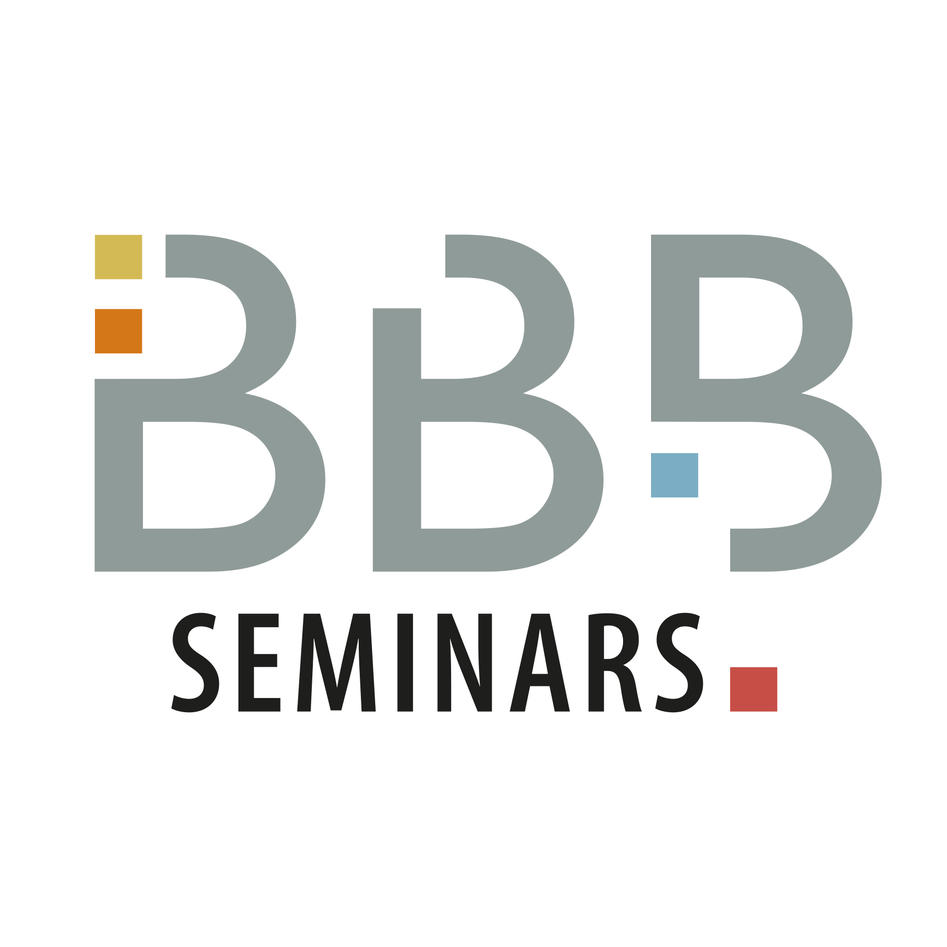CCBIO seminar: Shin Kaneko
iPSC-based killer cell regeneration for cancer immunotherapy
Hovedinnhold
Shin Kaneko
Department of Cell Growth and Differentiation, Center for iPS Cell Research and Application (CiRA), Kyoto University, Kyoto City, Japan
For T cell immunotherapy, the important points for good clinical benefit are to keep antigen-specificity, younger memory function and a high quantity of T cells. Although CD19 CAR- T-cell immunotherapy has had tremendous success, some patients do not respond well because of insufficient quality and quantity of the patient’s T cell for CAR modification and CAR-T function in the body. iPS reprogramming technology can instil anti-cancer T cells a younger phenotype, clonality and quantity. Also, in cases using non-T cell derived non-antigen-specific iPS cells, antigen-specific receptor modification of the iPSC can give cancer-specificity to the differentiated T cells. To establish such a regenerative and rejuvenated T cell immunotherapy, we developed a system to efficiently produce T cells from iPS cells. In this presentation, we will introduce basic research and clinical development of iPSC-based immune cells modified by CAR.
Chairperson: James Lorens, CCBIO
References:
- Kawai Y, et al. Generation of highly proliferative, rejuvenated cytotoxic T cell clones through pluripotency reprograming for adoptive immunotherapy. Molecular Therapy 29(10):3027-3041.2021
- Wang B, et al. Generation of hypoimmunogenic T cells from genetically engineered allogeneic human induced pluripotent stem cells. Nature Biomedical Engineering 2021(5):429-440.2021
- Iriguchi S, Yasui Y, Kawai Y, et al. A clinically applicable and scalable method to regenerate T-cells from iPSCs for off-the-shelf T-cell immunotherapy. Nature Communications 2021(12) Article number: 430.2021
- Ueda T, et al. Non-clinical efficacy, safety, and stable clinical cell processing of iPSC-derived anti-GPC3 CAR-expressing NK/ILC cells. Cancer Science 111(5):1478-1490.2020
- Xu H, Wang B, et al. Targeted Disruption of HLA Genes via CRISPR-Cas9 Generates iPSCs with Enhanced Immune Compatibility. Cell Stem Cell, 24(4):566-578.e7.
- Minagawa A, et al. Enhancing T Cell Receptor Stability in Rejuvenated iPSC-Derived T Cells Improves Their Use in Cancer Immunotherapy. Cell Stem Cell. 23(6):850-858.e4.2018
- Nishimura T, et al. Generation of rejuvenated antigen-specific T cells by reprogramming to pluripotency and redifferentiation. Cell Stem Cell. 12(1):114-26.2013
